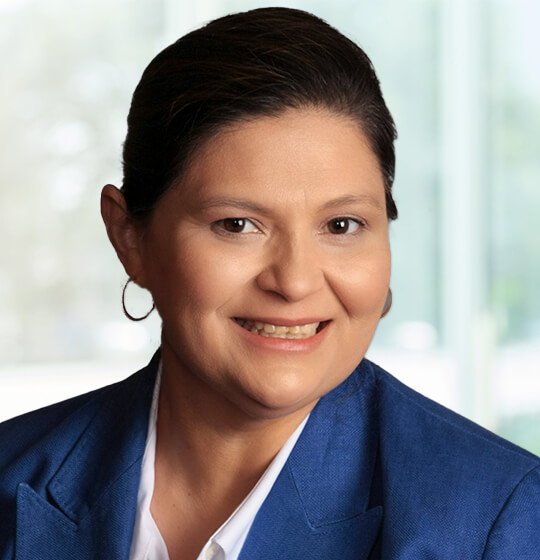On November 12, 2021, U.S. Citizenship and Immigration Services (USCIS) issued policy guidance addressing the automatic extension of employment authorization for H-4, L-2, and E dependent spouses in response to a class action lawsuit.
The new guidance, published in chapter two of the USCIS policy guidance manual, indicates that the employment authorization documents (EADs) of H-4, L-2, and E dependent spouses will be among those eligible for an automatic 180-day extension if:
- The H-4, L-2, or E dependent spouse properly filed for a renewal of his or her EAD before it expired; and
- The spouse has an unexpired Form I-94 showing valid H-4, L-2, or E derivative status.
This automatic extension will terminate at the earliest of the below actions:
- The date of expiration of the nonimmigrant status, as indicated on the Form I-94;
- The approval or denial of the EAD renewal application; or
- 180 days from the date of the expiration of the prior EAD.
To complete Form I-9 with an expired EAD at the time of hire or at the time of required reverification, H-4, L-2, and E dependent spouses may present the following combination of documents to their employers to document this automatic extension of work authorization:
- A copy of the expired EAD, listing category A17, A18, or C26, as applicable;
- Form I-797 confirming receipt of the application for the renewal EAD in the same category as the expired EAD and that the renewal application was filed prior to the expiration of the EAD; and
- An unexpired Form I-94 reflecting H-4, L-2, or E derivative status, as applicable.
This new guidance also states that USCIS will consider L-2 and E dependent spouses (not H-4 dependent spouses) work-authorized incident to their status. However, USCIS indicated that a Form I-94 solely notated with “E-1,” “E-2,” “E-2C, “E-3,” “E-3D,” “E-3R,” or “L-2” is not sufficient evidence of employment authorization for Form I-9 at this time.
USCIS and U.S. Customs and Border Protection (CBP) are working towards assigning a new code for Form I-94 that distinguishes dependent spouses from dependent children who are not authorized to work. Until then, L-2 and E nonimmigrants may want to continue to file EAD applications to obtain work authorization.
Ogletree Deakins’ Immigration Practice Group will continue to monitor developments with respect to these and other policy changes and will post updates on the Immigration blog as additional information becomes available. Important information for employers is also available via the firm’s webinar and podcast programs.






